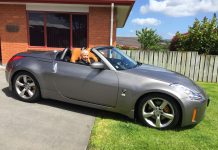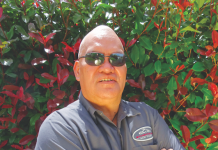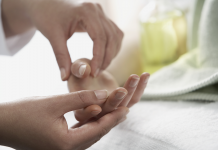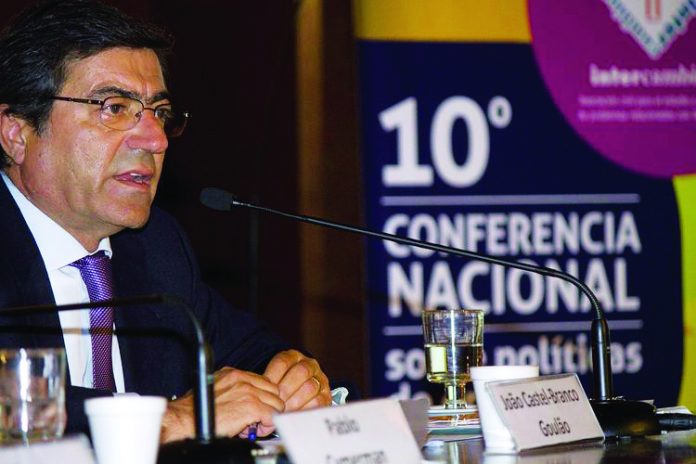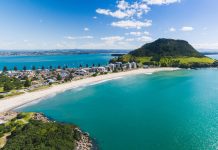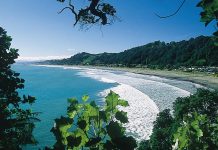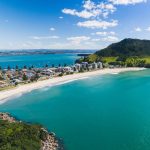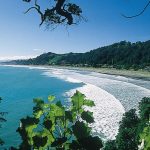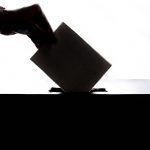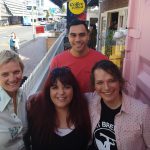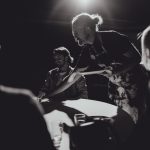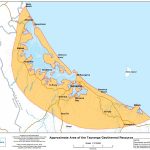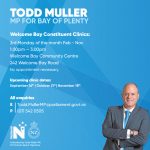Courage is knowing what not to fear – Plato
Ten years after decriminalization in 2011, drug abuse was down by half in Portugal.
Drug warriors often contend that drug use would skyrocket if we were to legalise or decriminalise drugs in New Zealand. Fortunately, we have a real-world example of the actual effects of ending the wasteful, expensive War on Drugs and replacing it with a system of treatment for problem users and addicts.
Sixteen years ago, Portugal decriminalised all drugs. One decade after that unprecedented experiment, drug abuse was down by half:
Health experts in Portugal said that Portugal’s decision in 2001 to decriminalise drug use and treat addicts rather than punishing them is an experiment that has worked.
“There is no doubt that the phenomenon of addiction is in decline in Portugal,” said João Goulão, President of the Institute of Drugs and Drugs Addiction, at a press conference to mark the 10th anniversary of the law.
The number of addicts considered “problematic” — those who repeatedly use “hard” drugs and intravenous users — had fallen by half since the early 1990s, when the figure was estimated at around 100,000 people, Goulão said.
Other factors had also played their part however, Goulão, a medical doctor added.
“This development can not only be attributed to decriminalisation but to a confluence of treatment and risk reduction policies.”
Many of these innovative treatment procedures would not have emerged if addicts had continued to be arrested and locked up rather than treated by medical experts and psychologists. By 2011, 40,000 people in Portugal were being treated for drug abuse. This is a far cheaper, far more humane way to tackle the problem. Rather than locking up 40,000 criminals, the Portuguese worked to cure 40,000 patients and fine-tuned a whole new canon of drug treatment knowledge at the same time.
None of this is possible when waging a war.
Source: Forbes.com
In search of a solution to the growing drug crisis, a committee of judges, psychiatrists and scientists was formed. The committee had the radical idea to contemplate legalising all forms of drugs – from heroin to cannabis – which would open the possibility to start treating drug users as patients instead of criminals. – Jurriaan van Eerten
The Portuguese decriminalization framework has been a resounding success!
On July 1, 2001, a nationwide law in Portugal took effect that decriminalised all drugs, including cocaine and heroin. Under the new legal framework, all drugs were “decriminalized,” not “legalised.” Thus, drug possession for personal use and drug usage itself are still legally prohibited, but violations of those prohibitions are deemed to be exclusively administrative violations and are removed completely from the criminal realm. Drug trafficking continues to be prosecuted as a criminal offense.
The data show[s] that, judged by virtually every metric, the Portuguese decriminalisation framework has been a resounding success. Within this success lie self-evident lessons that should guide drug policy debates around the world.
Source: Cato Institute Whitepaper, Glenn Greenwald: Drug Decriminalization in Portugal, Lessons for Creating Fair and Successful Drug Policies,
Read or download the Greenwald Whitepaper: www.baywaka.nz/portugal
Portugal is the only European Union state explicitly to “decriminalise” drug usage.
“Decriminalisation” comprises removal of a conduct or activity from the sphere of criminal law. Prohibition remains the rule, but sanctions for use (and its preparatory acts) no longer fall within the framework of the criminal law.
– Glenn Greenwald, Cato Institute
“The Portuguese approach is an example of best practices, because it puts health and welfare in the centre and is based on the respect of human rights.”
– International Narcotics Control Board (INCB), December 2015









